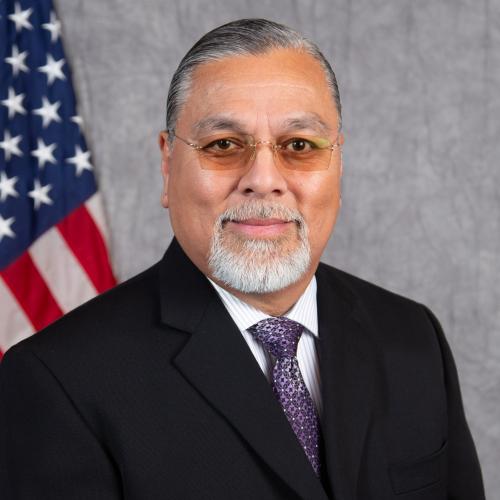Deputy Bureau Director, Field Operations
Deputy Bureau Director Bartholomew "Bart" Stevens is an enrolled member of the San Carlos Apache Tribe with lineage from the Piipaash (Maricopa) Tribe, Shoshone-Bannock Tribes and the Ute Tribe. His heritage reflects deep connections to diverse tribal communities and their histories.
Stevens’ began his federal career in 2006 with the Bureau of Indian Education. He has previously served as the superintendent of the BIA Uintah and Ouray Agency and the regional director for the BIA Navajo Region. In his permanent position as deputy bureau director of field operations, he oversees Bureau of Indian Affairs operations in 12 regions and 84 agencies across the United States. Mr. Stevens holds a bachelor’s degree and a master’s degree from Utah State University and a master’s degree from the University of Utah.
Image

Contact Us
Albuquerque, NM 87104
Open 8:30 a.m.–4:30 p.m., Monday–Friday.
505-563-3439


